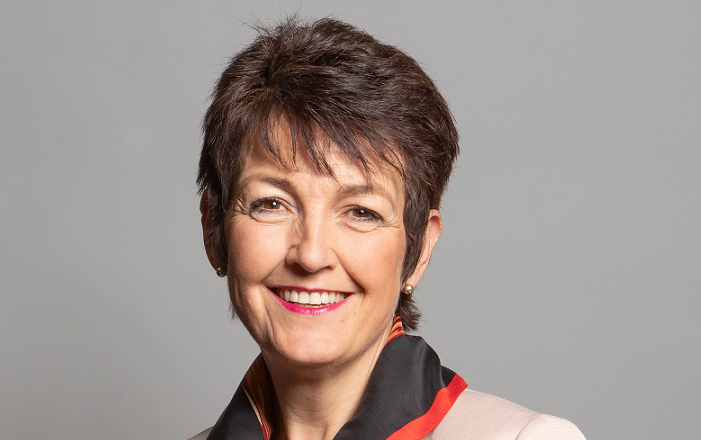Ministers have revealed that urgent cancer referrals within the NHS are significantly outstripping the levels seen before the Covid-19 pandemic hit as the backlog of patients start coming forward.
According to NHS data published in March 2021, around 37,000 fewer people than would be expected since March 2019 had started a first treatment for cancer.
It added: “Identifying, diagnosing and treating these people will be a priority in 2021/22.”
Furthermore, in May charity Cancer Research estimated more than 45,000 fewer people had started cancer treatment between the start of the pandemic and March 2021.
And it believed that between March 2020 and March 2021, more than 380,000 fewer people were referred by GPs than normal in the UK, with around 330,000 fewer referrals in England.
Referrals 14% higher
Responding to questions from Labour MP for Bootle Peter Dowd, minister for prevention, public health and primary care Jo Churchill revealed that in May 2021 urgent GP referrals for suspected cancer were 14% higher than in May 2019.
And cancer referrals reached more than 10,500 per day in April and were almost 11,000 per day in May.
Churchill (pictured) added that NHS England and NHS Improvement were committed to clearing the cancer backlog of patients waiting over 62 days from referral to first treatment by March 2022.
“Progress has been made, with 2.68 million urgent referrals and over 664,000 people treated for cancer between March 2020 and May 2021,” she said.
And she added: “Local systems, drawing on advice and analysis from their Cancer Alliance, will ensure that there is sufficient diagnostic and treatment capacity in place… to meet the increased level of referrals and treatment required to address the shortfall in number of first treatments by March 2022.”
This has been recognised by the number of rapid diagnostic centre (RDC) pathways now operating.
As of June 2021, there were 88 active RDC pathways across hospitals in England, compared to 12 in March 2020.
A campaign to raise awareness of general symptoms of cancer and encourage people experiencing persistent symptoms to contact their general practitioner is also running.
Treatment delayed
A Cancer Research survey of 900 cancer patients conducted between December 2020 and March 2021, found 29% had experienced delays, cancellations or changes to their treatment during the pandemic.
Patients were also more likely to say the standard of care slipped during the pandemic, reflecting the strain on NHS workers, but they were supportive of the Covid-19 precautions put in place.
